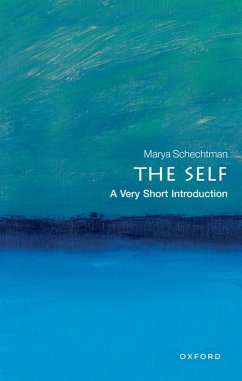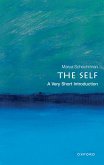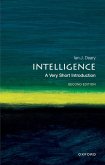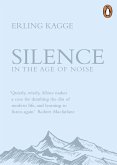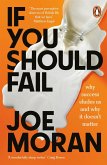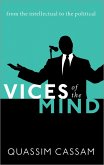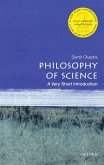Very Short Introductions: Brilliant, Sharp, Inspiring 'Know thyself' is said to have been one of the maxims carved into the Temple of Apollo at Delphi. On the face of it, this does not seem like a very difficult task. My self is with me at every moment of every day, I have access to its inner thoughts and feelings, and I am hardly liable to mistake someone else for me. At the same time, however, the self is surprisingly elusive and opaque. What, after all, is a self? Is it some kind of object? If so, what kind? If not an object, what then? Is our sense of self ultimately illusory? Something that disappears when studied too closely? Our understanding of the self is replete with puzzles and paradoxes: I cannot be anyone but who I am, and yet everyone will acknowledge that there are circumstances in which being oneself is an extremely difficult task. If I change enough, I can be said to have become a different person. I cannot get away from myself, and yet I can find and lose myself. In this Very Short Introduction, Marya Schechtman uses insights from philosophy, psychology, psychiatry, sociology, and popular thought to consider some of the most compelling and puzzling questions about the self, including questions about what kind of object a self is if it is an object at all, what it means to be oneself and why it is important, what kinds of changes the self can and cannot survive, whether a self can be separated from its body, whether more than one self can exist in a single body, and what role engagement with the environment and with other selves plays in constituting and maintaining the self. These investigations yield a complex, multi-dimensional picture of the self as a subject and agent embedded in and interacting with a natural and social world. ABOUT THE SERIES: The Very Short Introductions series from Oxford University Press contains hundreds of titles in almost every subject area. These pocket-sized books are the perfect way to get ahead in a new subject quickly. Our expert authors combine facts, analysis, perspective, new ideas, and enthusiasm to make interesting and challenging topics highly readable.
Dieser Download kann aus rechtlichen Gründen nur mit Rechnungsadresse in A, B, BG, CY, CZ, D, DK, EW, E, FIN, F, GR, HR, H, IRL, I, LT, L, LR, M, NL, PL, P, R, S, SLO, SK ausgeliefert werden.

